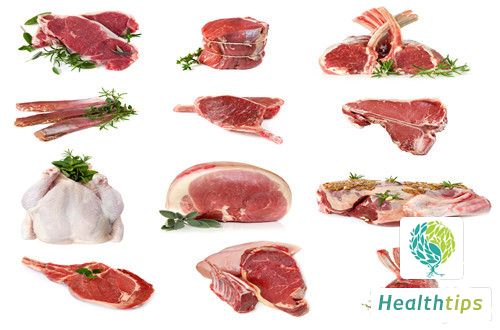The benefits of eating less meat include weight loss, reduced risk of illness, improved skin quality, etc. If one eats a large amount of meat for a long time in daily life, it can easily pose a threat to one's health and cause a heavy burden on the body. People who often eat meat are prone to developing "three highs" (high blood pressure, high blood sugar, and high blood lipids), so one should minimize meat consumption in daily life.

1. Weight loss. Surveys have shown that people who often eat meat tend to become obese. Most obese patients are people who like to eat meat and high-fat foods. Eating less meat can help reduce weight and improve gastrointestinal digestion. People who don't eat meat tend to eat more vegetables and beans, and their rich dietary fiber can improve digestion.
2. Lower risk of illness. People who often eat meat are prone to diseases such as diabetes, hypertension, and hyperlipidemia. Surveys have shown that meat eaters have a higher risk of cancer. Hypertension is a basic disease for many cardiovascular and cerebrovascular diseases, and these patients should eat less meat. Many people like to eat processed meat, such as preserved meat and smoked meat, but this type of meat poses greater health risks.
3. Improved digestion. Eating meat can also affect people's digestive function. If people eat more vegetables, they can intake more dietary fiber, effectively improving digestion and reducing the occurrence of constipation, diarrhea, and other issues.
4. More radiant skin. Eating less meat can also help improve people's skin. People who often eat vegetables and fruits while eating less meat can obtain more antioxidants to prevent skin dryness, wrinkles, and other signs of aging.
5. Better body odor. The benefit of eating less meat is that it can even attract the opposite sex better. Because people who eat less meat won't emit an odor that makes the opposite sex avoid them, making them more appealing to the opposite sex.

